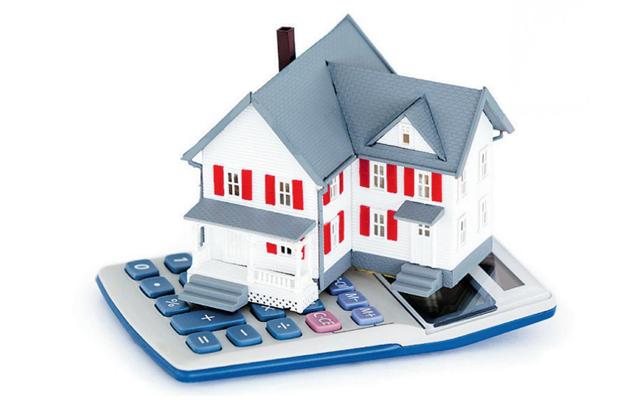Borrowing from an RRSP to buy your first home can be a good strategy.
Photograph by: Getty Images, Wavebreaker Media , Postmedia News
Twenty years ago, I borrowed $10,000 from my RRSPs, under the federal government's Home Buyers' Plan, to help me purchase my first home.
Since then, I have always been an advocate of the Home Buyers' Plan.
It's a great deal for those looking to purchase their first home because they can borrow up to $25,000 from their RRSPs.
Under the plan, you do not pay tax on the withdrawal because it's like a loan that has to be paid back into the RRSP over a 15-year period.
Each year, you have to pay back one-fifteenth of the borrowed amount. If you don't, then the required payment becomes taxable that year.
I recently talked to two young people who are planning to buy their first house this year. Their stories each illustrate how they are able to use their RRSPs and the Home Buyers Plan to their advantage.
WHEN YOU HAVE NO RRSPS
Mark has been working for three years, since graduating from university. He has saved $10,000 toward the purchase of his first home. His parents are going to match his savings and give him another $10,000 toward the down payment.
Because he has focused his savings on purchasing a home, he has not put any money away in RRSPs and therefore has considerable unused RRSP contribution room available to him.
Since Mark has no RRSPs, he is not able to take advantage of the Home Buyers' Plan.
I suggested that Mark take both his $10,000 and his parents' matching contribution and put it into to his RRSPs right away. After 90 days, he can get the money out through the Home Buyers' Plan. This is advantageous because his $20,000 contribution creates a significant tax savings.
Let's assume Mark is in a 32-percent marginal tax bracket. That means that a $20,000 RRSP contribution will give him a tax refund of $6,400. That $6,400 can be used toward the down payment of the home, or it can be used to deal with all the other costs like legal fees, moving costs, utility hook ups, etc. By contributing the money to the RRSPs first, Mark is creating $26,500 for his home purchase, instead of just $20,000, because of the tax deduction.
FORMER PENSION TO THE RESCUE
In another case, I met Stan, who is also looking to buy his first home this year. He has only saved $6,500. He has an RRSP at the bank worth about $3,500 and he has $8,000 in a defined contribution pension plan from one of his previous employers. Stan was thinking about cashing in this pension and using it toward the purchase of his home.
Normally, pension money cannot be cashed out. But because the balance of the pension is less than 20 per cent of the current Yearly Maximum Pensionable Earnings, he is able to do so. The problem with cashing out the pension is that Stan will have to pay tax on the withdrawal. Instead of getting $8,000, after paying tax he would only have $5,450. However, instead of cashing out the pension, Stan is able to transfer the pension to his RRSP. He won't get a tax deduction, but he can use the entire $8,000 toward the down payment of the home through the Home Buyers' Plan.
After transferring the $8,000 pension into the RRSP, he should also contribute his cash savings of $6,500 to it, as well. With the $3,500 already in his existing RRSP, he would then have $18,000 in the RRSP that can be pulled out through the Home Buyers' Plan. In addition, his $6,500 contribution would result in a tax refund of approximately $2,000. This scenario will give Stan $20,000, compared to only $15,450 if he cashes out the pension and does not put the $6,500 into the RRSP.
THE BOTTOM LINE
Since we are in the heart of RRSP season, first-time home buyers should consider making a contribution to their RRSP, to get an immediate tax deduction and a corresponding refund in April or May of this year.
Any contributions to the RRSP can be withdrawn through the Home Buyers' Plan 90 days after deposit. Any contributions will result in a tax deduction, which will give the homebuyer a little extra cash. Basically, first-time homebuyers with cash should contribute to their RRSPs, if they have the contribution room.
Jim Yih is a financial expert. Visit his blog, RetireHappyBlog.ca

